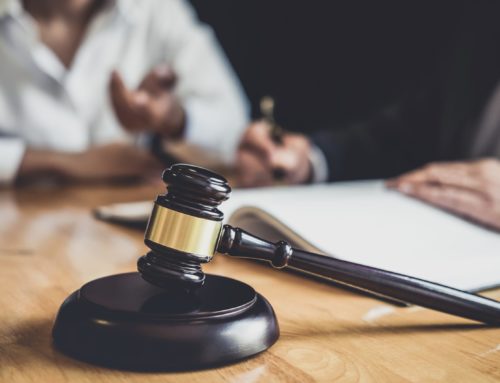In a divorce, couples often face financial struggles over debts and assets. One common complexity involves mortgages and the marital home. Bankruptcy laws are designed to provide relief to persons facing overwhelming debt and may offer protection to divorcing couples in a struggling economy.
Divorcing couples in Mississippi may wonder what steps can be taken to minimize negative effects on credit resulting from a divorce. Persons in this situation should learn what protections are offered by state laws. For example, in anti-deficiency states, divorcing spouses are not liable for the difference between the amount remaining on the loan and the selling price at an auction in the event of a foreclosure. This may help make decisions regarding bankruptcy.
After determining that liability exists, the next step may be to file for bankruptcy. Before filing, persons should determine eligibility under Chapter 7 and Chapter 13 of the bankruptcy code. A Chapter 7 bankruptcy wipes out debt, both secured and unsecured. If filing for both bankruptcy and divorce, the bankruptcy should be filed first. After this is done, a petition for divorce can be filed.
In negotiating the divorce settlement, a spouse who has filed for bankruptcy should never agree to be responsible for joint debts. Although these debts are protected by the bankruptcy proceeding, a spouse may still be held liable if he or she agrees to be responsible in a divorce settlement. The home may then be sold if both spouses can agree to sell. This may circumvent some of the negative impacts on credit scores as a result of the divorce and bankruptcy. Divorce and bankruptcy laws are complex. Persons faced with this situation may need to consult an experienced bankruptcy law attorney who can assist with these issues.



Connect with Us